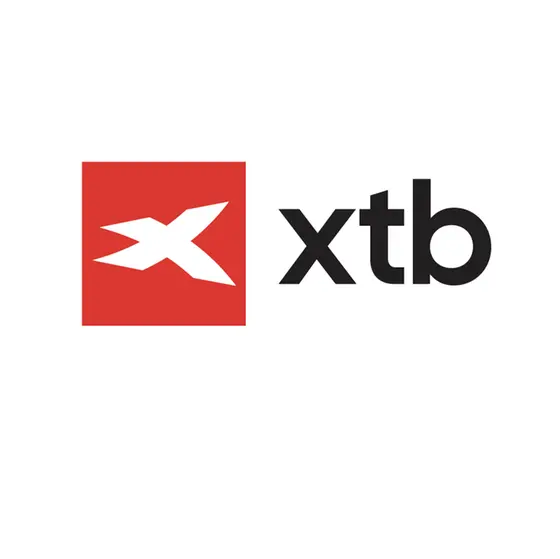With the majority of the world embarking on New Year’s resolutions, many of them relating to dietary requirements and making better choices, SEMrush, the award-winning all-in-one digital marketing suite, has conducted a two part study identifying the most searched dietary requirements relating to tolerance and allergy, as well as dietary requirements relating to choice for UAE residents.
The first part of the study covers back-data from online searches in the UAE between 2016 and 2019 relating to the three most common dietary requirements for tolerance and allergy: gluten-free, sugar-free, and lactose-free, to identify which is the highest and fastest growing. The highest by a landslide in terms of monthly online searches in the UAE is gluten-free with a total of 65,560 online searches during the last 36 months. Sugar-free came in a distant second with 7,720 searches and lactose-free third with 4,110 searches for the same period.
In terms of growth, the term with the highest increase is lactose-free, which came up top with 175.41 per cent growth rate over the last 36 months, followed by 72.82 per cent for gluten-free and 58.52 per cent for sugar-free online search growth in the UAE.
For the second half of the study SEMrush carried out the same research for dietary requirements relating to choice including vegan, vegetarian, keto and paleo. Vegan and vegetarian have both witnessed approximately 50 per cent search growth during the last three years in the UAE. However, the keto-genic diet which cuts out carbohydrates in order to enter ‘ketosis’ state in which the bodies energy runs off fat rather than carbs, has by far seen the highest growth in the UAE online search, registering a 1028.21 per cent increase during the past three years.
On the other hand, the paleo diet which reverts to a hunter-gatherer diet, eliminating pro-cessed food, has declined in UAE online search during the same period by 19.32 per cent.
“There is a unique situation in purchase intention when it comes to lactose-free and gluten-free products which are noticeably growing in online search. Many experts point out that consumers are purchasing these ‘free-from’ products not due to allergies or intolerance, but because the opinion that it is healthier. Tracking the level of online search can support marketers to navigate market trends and identify focus areas of interest,” commented Olga Andrienko, Head of Global Marketing at SEMrush.
According to TechNavio the global sugar-free food and beverages market will continue to grow, reaching US$ 72.37 billion by 2021. Meanwhile, the global gluten-free food market is also forecast to grow at a compound annual growth rate of 9.3 % up to 2026. In terms of lactose free products, these are increasing globally with lactose free yoghurt category alone expected to be worth $US 4 billion by 2027, according to a report by Future Market Insights.
© Press Release 2020Disclaimer: The contents of this press release was provided from an external third party provider. This website is not responsible for, and does not control, such external content. This content is provided on an “as is” and “as available” basis and has not been edited in any way. Neither this website nor our affiliates guarantee the accuracy of or endorse the views or opinions expressed in this press release.
The press release is provided for informational purposes only. The content does not provide tax, legal or investment advice or opinion regarding the suitability, value or profitability of any particular security, portfolio or investment strategy. Neither this website nor our affiliates shall be liable for any errors or inaccuracies in the content, or for any actions taken by you in reliance thereon. You expressly agree that your use of the information within this article is at your sole risk.
To the fullest extent permitted by applicable law, this website, its parent company, its subsidiaries, its affiliates and the respective shareholders, directors, officers, employees, agents, advertisers, content providers and licensors will not be liable (jointly or severally) to you for any direct, indirect, consequential, special, incidental, punitive or exemplary damages, including without limitation, lost profits, lost savings and lost revenues, whether in negligence, tort, contract or any other theory of liability, even if the parties have been advised of the possibility or could have foreseen any such damages.



















